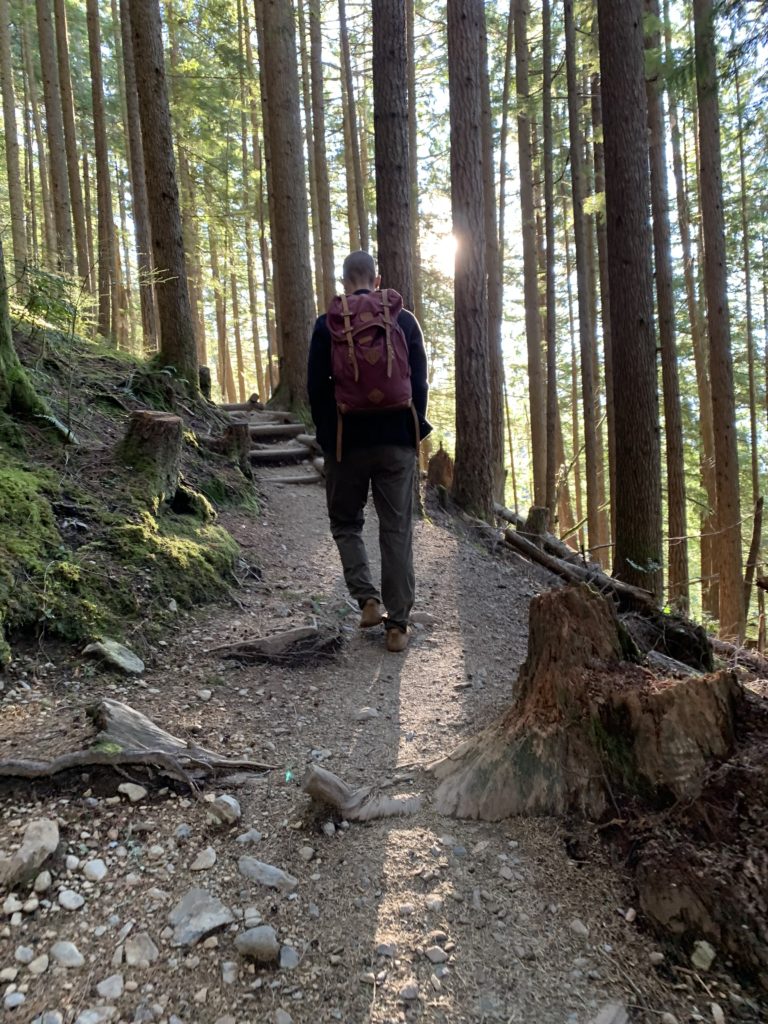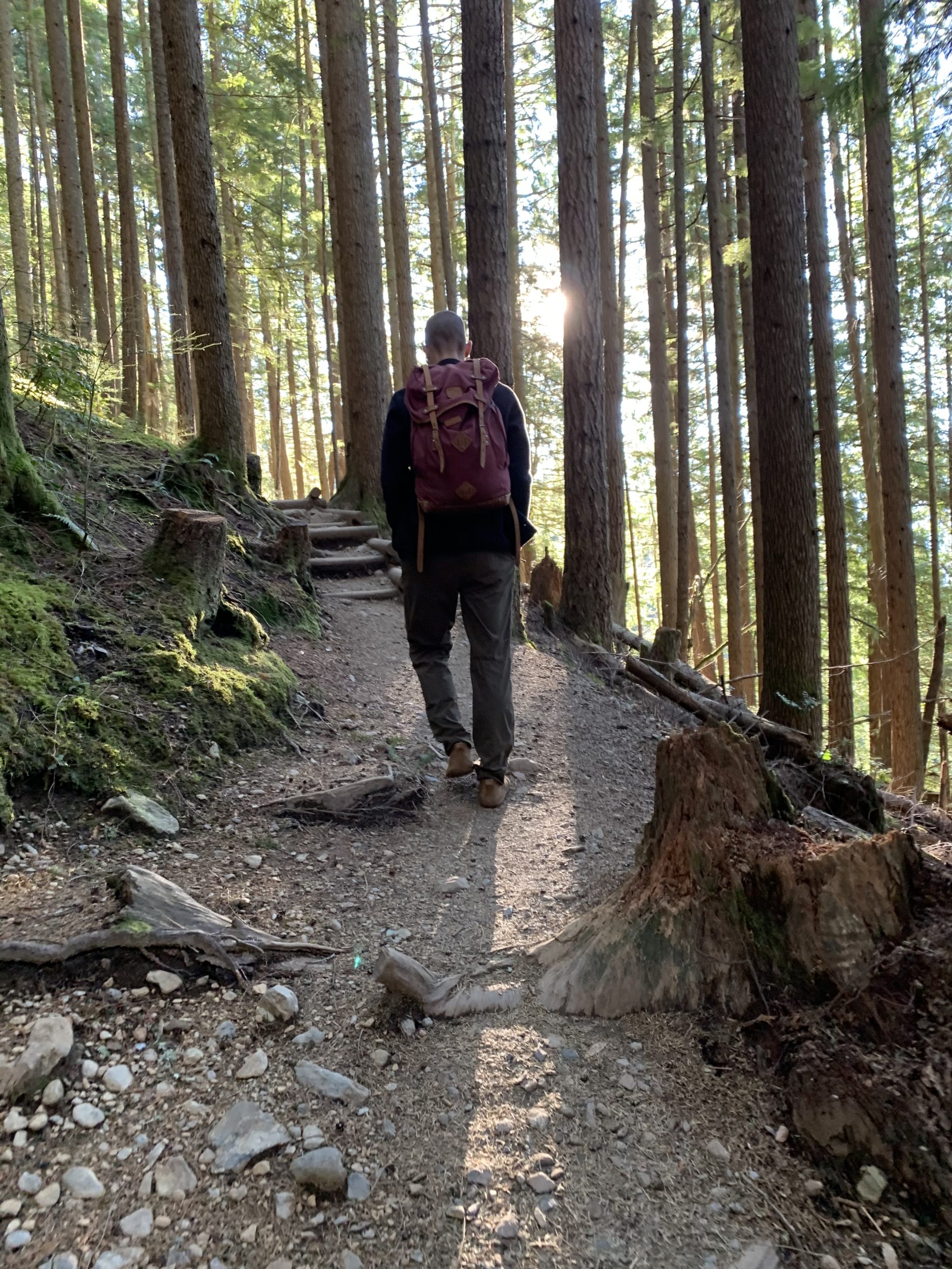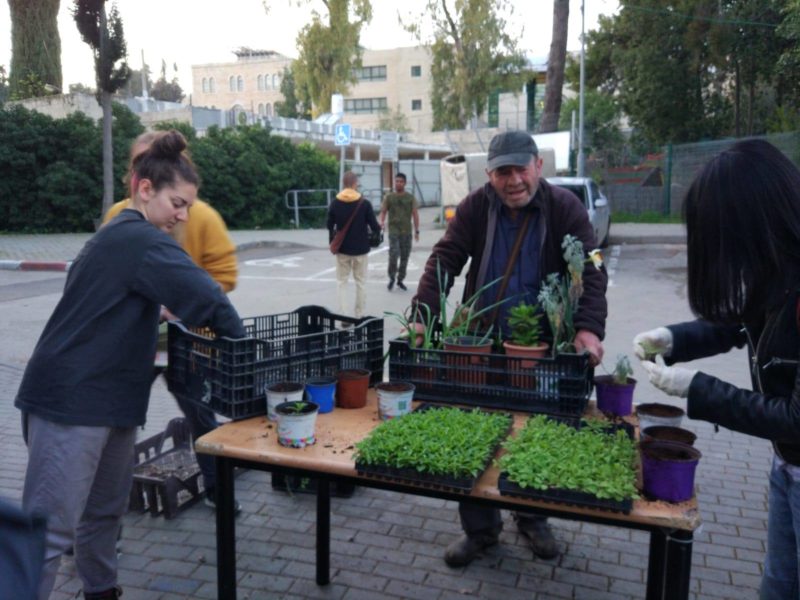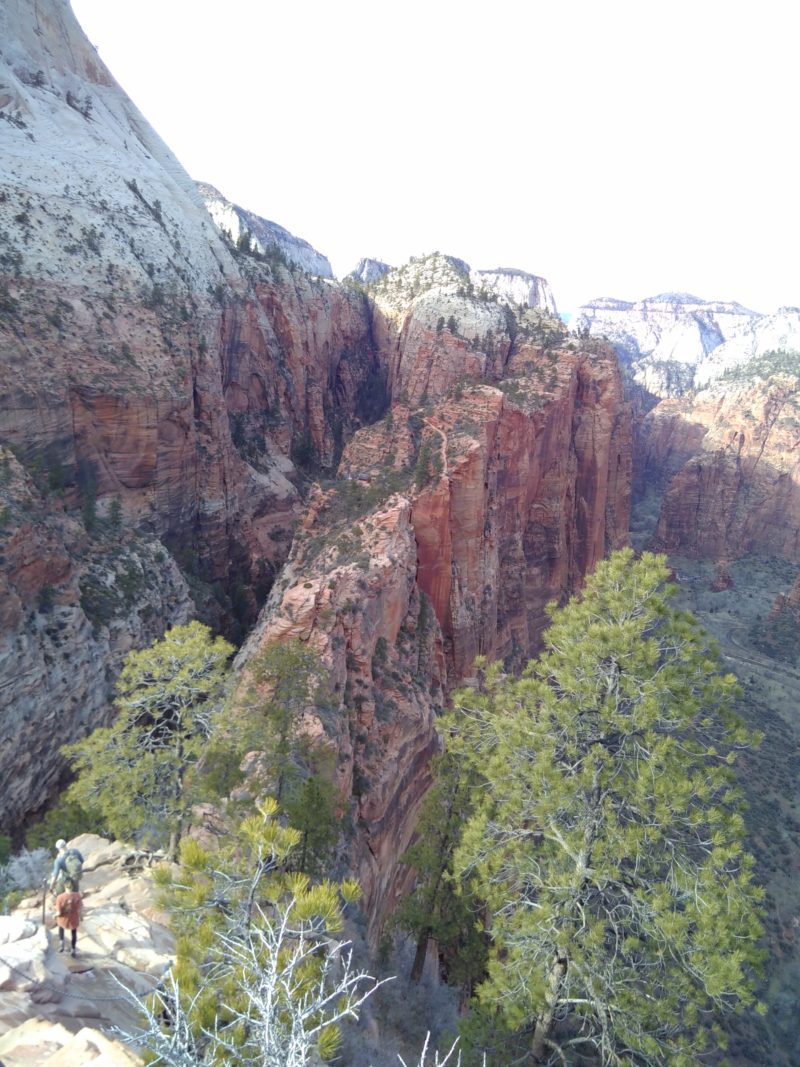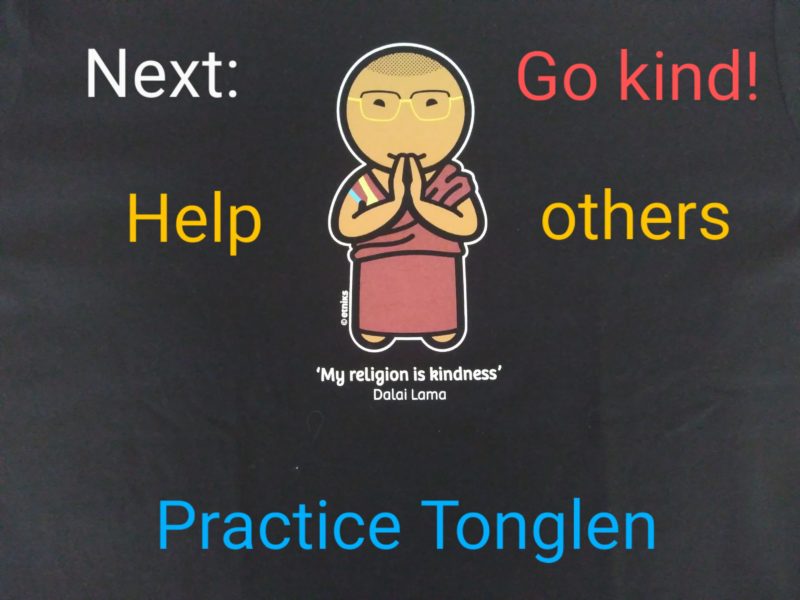We often think to ourselves, “One day I will…” Each and every one of us will fill in that blank differently. Some imagine themselves to be a movie director – one day. Others think of writing a book – one day. Yet again others consider selling their house and living abroad – one day. Even when we do not feel happy in our current situation and experience a sense of sadness, we often postpone thing till – one day.
Why? What keeps us from pursuing our goals? Which goals are actually meaningful? In any case, whatever we wish to accomplish, we need to ask ourselves: if not now, then when?
Relative happiness
It is beyond doubt that we all seek happiness and do not want to suffer. This is true for every sentient being. Just as there are many kinds of happiness and ways to achieve them, there are also many kinds of suffering and ways to overcome them.
From a Buddhist perspective the examples given earlier are related to ‘worldly happiness’ or ‘relative happiness’. We can think of this happiness as connected to fulfilling our short-term goals as well as achieving broader accomplishments in this lifetime.
Yet, the very actions that contribute to our well-being, are the very actions we postpone. Similarly, we continue to endure unnecessary hardships and struggles while letting them go would greatly reduce our suffering.
(In)stability of the world
There are many causes & conditions that may hinder our path towards worldly happiness. Although these are unique to each and everyone of us and can change over time, they appear to share the common elements of (in)stability and fragility.
First of all, we assume that our world is relatively stables. We tell ourselves, “There’s always tomorrow, I can do this next week, next month or in the coming years.” Likewise we consider our health, relationships, job, environment, how things operate in the world and so on as more or less stable.
Upon more careful observation, however, we can recognize that many factors can disrupt this seeming stability. It depends on countless causes & conditions. Consider, for example, the food on our plate – something we enjoy daily and our health relies on. The food on our plate would never be there without the hard work of farmers, without optimale sun and rain conditions, without the animals that help fertilize the soil, without transport, infrastructure and all drivers to bring it close to our home, et cetera. If there are significant interruptions to any of these interdependent processes, we’d be looking at an empty plate!
The Covid-19 pandemic is the most recent and very clear example showing this instability. For centuries, we have learned the extent of suffering and damage viruses can cause in the lives were otherwise considered to be safe and stable. Yet as rapidly as we were alarmed at the outset of the pandemic, we just as rapidly are returning to our previous habitual outlook and the illusion that life is stable.
Fragility of life
The resulting suffering, deaths and challenges by the covid-19 virus also points to a second assumption: if we make wise life choice and experience relative prosperity, we will live a long & healthy life. Furthermore, we seem to ignore that this life will come to an end. We are mortal. We will die. For many of us, death comes sooner rather than later. This thought is neither ‘dark’ or ‘negative’. It is simply a fact.
Even having philosophically recognized my own mortality, my ‘mind-heart’ does not always feel that life is short. Despite my philosophical and spiritual training, despite understanding many people die early in their life due to an accident or sickness, despite having attended many memorial service for close ones like my grandparents, friends and neighbours, I still need to remind myself of the fragility of life.
Impermanence
The assumptions of a stable world and living a long & healthy life are related to what in Buddhist tradition is often referred to as ‘impermanence’. According to the teachings of the Buddha, the current state of the world, everything we possess, our relationships, the worldly activities we engage in, and our very own lives, are all impermanent.
Life is like dew drops on a blade of grass. This was clearer again with the recent loss of the wonderful, kind and joyful presence of a Dharma-sister. Followed quickly by the loss of an amazingly kind-hearted and wise Dharma-brother. Also, I have recently learned that a very wise, dear friend and Dharma-brother, who considers himself sometimes as a godfather to me, has cancer that can perhaps be tempered but not removed. The end of his life will come sooner, rather than later.
Such situations give rise to sadness and tears, for sure. Something that we can all deeply feel or relate to. At the same time, as was pointed out by my teacher Dzogchen Ponlop Rinpoche, it is also an opportunity to remind ourselves of impermanence and ensure that we take every opportunity to live a meaningful life in every present moment. Nothing can be done in past moments; these moments are gone. Nothing can be done in future moments; these moments are not yet here. So, if not now, when will we do something meaningful?
Wisdom and compassion
Recognizing the impermanence and (thus) the limitations of our worldly happiness, we can now ask ourselves: what makes for a meaningful life? The possible answers to this questions require more in-depth examination and contemplation beyond the scope of this article. Yet, in brief, we can consider the following two things below.
First of all, just like ourselves, all sentient beings seek happiness and do not want to suffer. In contemplating and recognizing this fact, we can realize that the world is not just about us. We can start to shift our self-focus towards others and find a balance between our own happiness and that of others.
In other words, we can give rise to compassion, cultivate an altruistic heart, and develop an attitude of benefiting others – known in the Buddhist tradition as Bodhicitta. Other philosophical schools, religious traditions and also science hold advice about the importance of the practice of compassion for living a meaningful life.
Secondly, whether we consider we have only one life or not, if we recognize and accept all life and events in our world are impermanent and arising interdependently, we move closer to a deeper understanding of the true nature of reality. This is what the Buddhist teachings consider to be true wisdom.
Putting wisdom and compassion together, it is taught that we can uproot every aspect of our suffering including sadness, pain and even sickness, old age and death. In other words, we can be free from suffering. This is what is called liberation. Awakening. Or nirvana.
It is also through wisdom and compassion that, interestingly enough, we will experience more happiness and less suffering in this life. We can develop a stronger sense of happiness from a worldly perspective.
Don’t be distracted
I have heard this advice many times. Yet it is less easy to live up to these teachings in every moment. It is easier to be distracted. Certainly in a world that offers so much distractions, 24/7. From culinary delights, to social media and all kinds of entertainment. It is challenging to live up to the teachings of the Dharma. To abandon our mental afflictions. To not get caught in the Wheel of Life. To let go of the causes of suffering and establish the causes of happiness instead.
In a recent retreat with Lama Rabten, a senior Nalandabodhi teacher, this was again pointed out. He shared a story of a Buddhist master who wrote the following words on the wall where he was meditating: “Don’t be distracted, death is coming.”
These days I often remind myself of those words. To use my time wisely and dedicate it to the benefit of all sentient beings. To ensure that I use every moment in a meaningful manner. If we seek happiness and meaning, both in a worldly sense and beyond, it will greatly help to limit our distractions. Considering the instability of this world, and the fragility of our lives, let us hold every moment to be very dear and take it as an opportunity to live wisely and with compassion. Again, if not now, then when?
